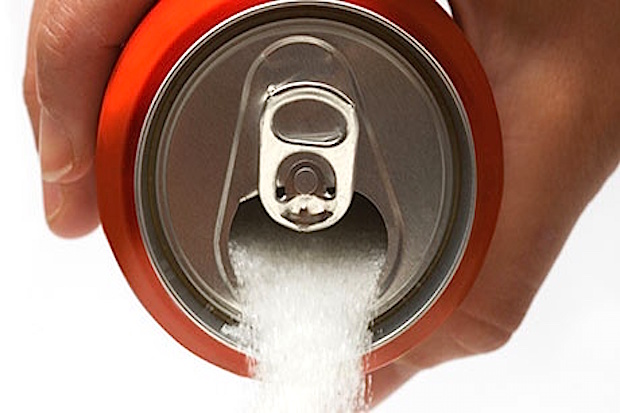They say no news is good news, but what to make of old news? Today’s papers (including this front page) feature rather boastful headlines about the success of the sugar tax (a levy on soft drinks companies concocted by former chancellor George Osborne, with the stated aim of tackling obesity). The i reports that the levy has “revolutionised the industry, with the average beverage now 28 per cent less sugary than before the tax was introduced,” according to a new study from researchers at Oxford University. But is the sugar tax really something to celebrate?
While the study may be ‘new’, the figures are not. They were published by Public Health England last September, which noted that the 28.8 per cent decrease in sugar content was largely a result of companies reformulating their products (prioritising sugar reduction over taste) to avoid the levy. (The report’s summary showing the reformulation of favourite foods and drinks makes for some rather Orwellian reading, pages 86-106 here.)
Given what we know about the data released by PHE, and the trends of sugar-sweetened beverage (SSB) consumption over the past few decades, claims that the sugar tax has been proven successful remain rather dubious.
Sugary drinks consumption – not to mention sugar consumption overall – has been on the decline for years. People’s desire to cut back on their fizzy drink intake was prevalent long before the sugar tax was introduced. Both before and after its implementation, we’ve seen an overall decrease in consumption, yet an increase in obesity.

1) Health Survey for England, 2018: Overweight and obesity in adults and children data tables, table 6. 2) Family Food – UK household purchases (measure is Quantity of food and drink purchased for UK households, averages per person per week – sum of )
This should come as no surprise. In line with sugar taxes around the world, documented here by the IEA’s Christopher Snowdon, it has not meaningfully worked anywhere it has been implemented.
Far from reversing obesity trends in the UK, the levy’s achievements thus far have only been regressive in nature.
Like any other sin tax, poorer households feel the financial burden most acutely. They are more likely to purchase sugary drinks than high income households, so some of their precious and limited disposable income is spent on the drinks levy. And the treasured tastes of Ribena and Irn Bru have been butchered and ruined for consumers (though the combination of plummeting sales and demands from fans resulted in the company resurrecting the original Irn Bru recipe in special ‘1901’ packaging).
But if we’re looking for successes, the sugar tax can be credited with one achievement. Despite recent efforts to spam healthy-living guidance and awareness campaigns across the UK, PHE’s analysis actually shows a small uptick in sugar consumption in certain product categories: “a 0.5 per cent increase in sugar purchased per person” with people showing a sweet-tooth preference for ice cream and chocolate in particular. And as the graph above shows, purchase of SSBs also rose in 2018, despite the sugar tax coming into force that April.
Even factoring in the sugar reduction in certain soft drinks, this seems like a straightforward case of failed public policy. The sugar tax has not remotely tackled the issue of obesity it set out to address. It has also arguably contributed to the cost of living crisis. That today’s headlines deem the policy a ‘success’ is beyond the pale.







Comments